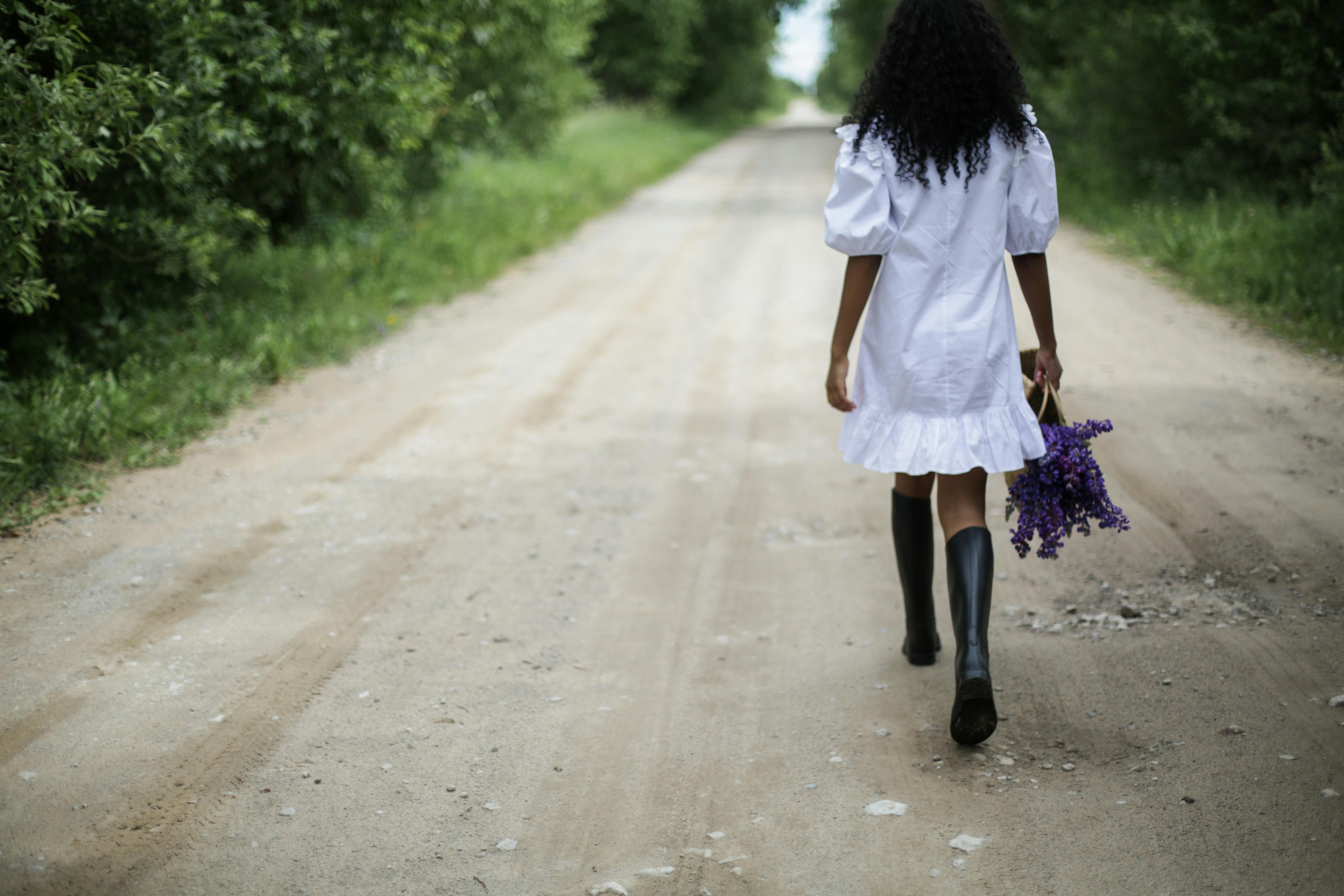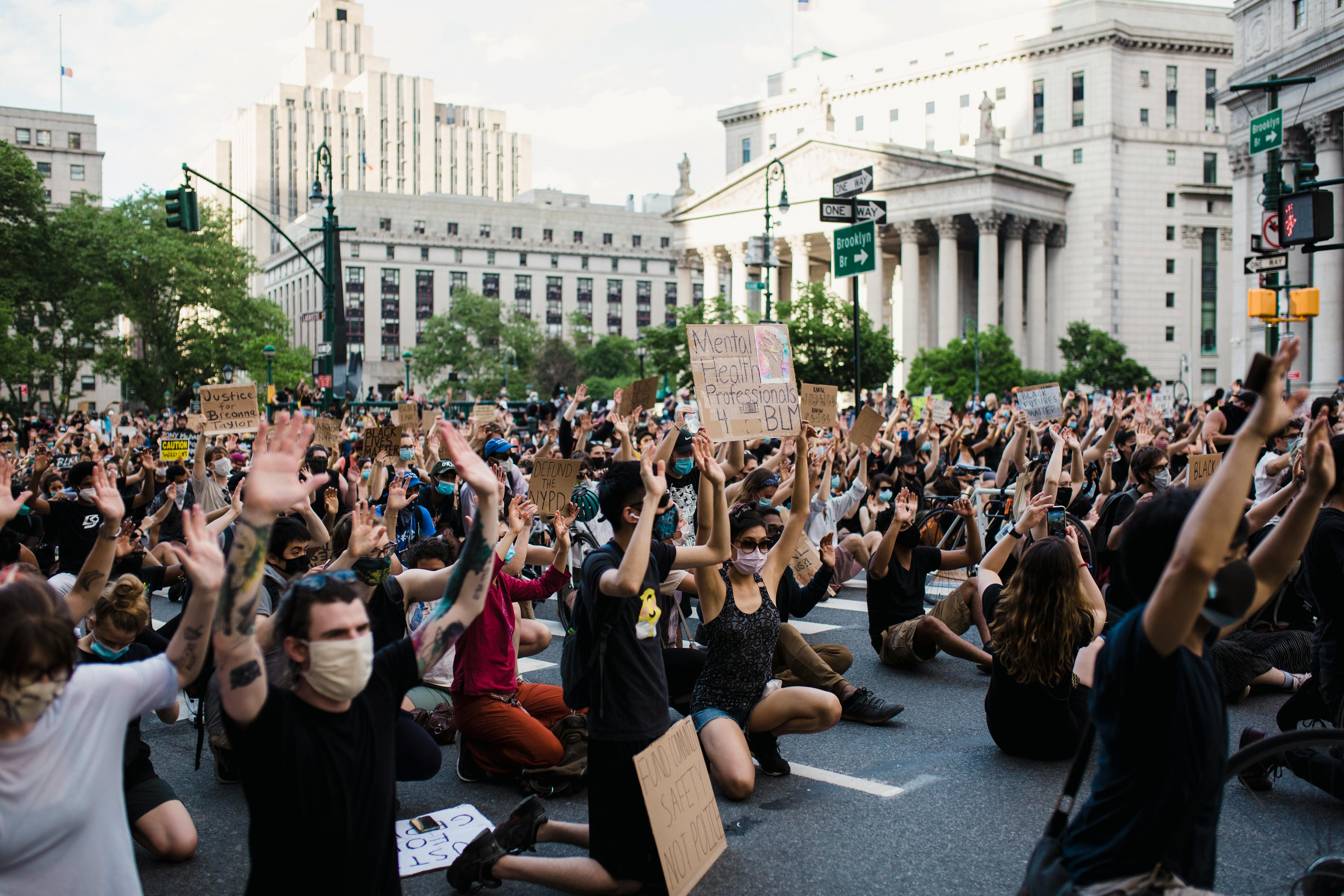
Grief over Summer
BY OLUDIPE OLAMIPOSI OLADAYO
WHAT IS GRIEF?
WHAT IS GRIEF?
Grief is the natural emotional response to loss, most especially the loss of someone with whom a person had a strong emotional bond. It is a mixture of emotions such as guilt, sadness, anger,
confusion, and even relief, which can affect one’s thoughts, behaviour, and even physical and mental health.
Worden J.W. (2009) defines grief as the primarily emotional reaction to the loss of a loved one through death. It encompasses a wide range of affective (emotions or feelings), cognitive, behavioural, and physiological responses and is considered a normal and necessary process of adaptation to loss.
Therefore, it is important to know that grieving is part of healing; it is not a sign of weakness or illness but of being human, as it helps us process the pain and loss and adjust to life without what we have lost.
Summer often symbolises joy, freedom, and togetherness, but for those grieving a loss, it can feel suffocating and isolating. So while others celebrate, some carry silent sorrow.
So, the reason people grieve during summer is because it reminds them of happier times they shared with the person they lost (such as going on hiking trips, vacations, or holidays). So while others are out having fun, they reminisce on the happy memories they had with that loved one, which makes the grief feel heavier.
This can also be viewed through the perspective of summer representing the happier times in life. In this case, grieving represents a sense of loss not of someone but of certain times in one’s life where they felt content, happy, and free to live in the moments. Summer for many means time away from work or school and the opportunity to spend time with family, friends, and other loved ones. This makes us associate summertimewith feelings of love, safety, and happiness, which, when absent in one's life, can be very grievous.
After a bit of reflection, one might realise that their life is not as fulfilling as it was in the past, and this could make one begin to mourn better times in their life. They may reminisce about old days when they didn’t have to worry about where the next meal was going to come from or when their marriage was blissfully rosy. Grief isn’t always in response to a single devastating event but can also be built up and accumulated for years.
Everyone grieves differently; some may express it openly, while others may seem quiet or detached. Grief can show in various ways, such as:
➢ Withdrawal
➢ Irritability
➢ Emotional numbness
➢ Anger
➢ Sleep problems
➢ Changes in routine
➢ Changes in appetite.
Grief is experienced in stages, and these are
1. Denial: This is when the person refuses to acknowledge or perceive the harsh reality of a situation.
2. Anger: At this stage, the individual directs anger at the situation either inwards (towards himself) or outwards (towards others).
3. Bargaining: He then attempts to gain control of the situation by making deals or prayers to a higher power.
4. Depression: the reality of the situation begins to sink in, and this puts the individual into a state of depression.
5. Acceptance: The last and final stage of grief is acceptance, where the person acknowledges that he can’t do anything to change the situation, so he comes to terms and moves on.
HEALTHY WAYS TO COPE WITH GRIEF
Grief can be overwhelming, affecting you physically and mentally and even your daily life. While it’s a natural process, coping with it can be very challenging, but there are healthy ways to manage the pain and begin to heal.
➢ Accept the reality of the loss
➢ Allow yourself to feel: It’s important that you allow yourself to feel the emotions; it’s okay to cry or feel numb. Don’t employ any defence mechanism such as denial or regression, but let out the feelings.
➢ Talk to someone: share your thoughts with friends, family, or a therapist.
➢ Create routines
➢ Remember and honour: it’s okay to do something meaningful in memory of the lost one.
➢ Be patient with healing: it’s important to know that healing takes time; there is no fixed time to be healed.
Whenever you see someone grieving, don’t hesitate to show empathy and make yourself available if they need a shoulder to lean on or an ear to pour out their emotions and share their sorrow with them. Don’t make them feel weak.
Recent Post

Latest
Escapism vs Healing: Why We Vacate Over the Holidays and What It Does to Our Mental Health
Read more
Latest
The Silent Pressure in the Age of Youth Activism
Read more
Latest
Compassion Fatigue: When Helping Hurts – A Call to Action on World Humanitarian Day
Read more
Latest
PTSD Isn’t Just a War Wound: Everyday Trauma and Its Impact
Read more